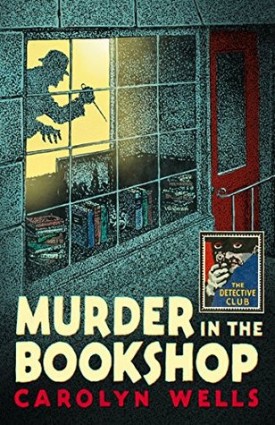
Originally published 1936
Fleming Stone #45
Preceded by Money Musk
Followed by The Mystery of the Tarn
Murder, stalking among the rare and valuable volumes of a bookshop, provides Fleming Stone with one of his most dangerous and stirring cases.
Keith Ramsay decided he would have to give up his job as Philip Balfour’s librarian because he was falling in love with his employer’s wife, alli. But before he could act on his decision, Philip is found murdered in the backroom of Sewall’s bookstore– and Keith is suspect number one. However, when police discover that a rare volume, worth one hundred thousand dollars, is missing, other people and varying motives add to the complexity of the case.
The opening chapters of Murder in the Bookshop seemed to promise a lot. From the early descriptions of the soon-to-be-murdered Philip Balfour and his dysfunctional marriage to the man’s strange response to his librarian declaring his love for Balfour’s young wife, these chapters seemed to be pacey and packed with surprises as well as some wonderfully witty asides.
I was delighted to find that the murder happened so early in the book and really intrigued by the the circumstances that led up to it. Everything seemed quite bizarre and the circle of suspects seemed so limited that I was really curious where the story was headed.
Unfortunately the investigation that followed failed to live up to the promise of those early chapters.
Wells creates a relatively small cast of characters but they feel rather stuffed and lifeless. Take the relationship between the widow, Alli, and the librarian, Keith. By all accounts this ought to be an intense and passionate affair – after all, he has tried to throw away his career for it and their inability to walk away from it threatens to destroy them both here, yet we never really get much of a sense of how they came to like each other. I suspect that the reason may be that they are both young and in the same space but while that may explain the attraction, it is certainly not enough of a reason to make me root for their success as a couple.
That may not be a problem were the point of the book to make us doubt that one or either of the pair were acting in good faith but that is clearly not the case. Wells makes it clear that they are meant to be romantic heroes, showing us too much from their perspective to make us (or Stone) doubt them, and in the process eliminates two of our remarkably small cast of suspects.
It soon became apparent that there would only be a handful of characters who could prove significant to the case at all. Balfour’s household is so small and his interests are so limited that while he may be unpleasant there simply are not many who have a reason to murder. A development just a few chapters later whittles down our options ever further and while that moment is, for me, the most striking passage in the book it also signals the point at which the plot largely ceases to move forwards.
By this point in the story Wells’ sleuth, Fleming Stone, has already entered the picture. This is one of the later entries in a long series of novels and presumably by this stage the character already had his devotees. Unfortunately it seems that being a long-established character little thought was given here to conveying his personality to those encountering him for the first time. We learn relatively little about him here beyond the general description given when he is initially engaged.
I think it would be fair to say that the middle section of the book is not exactly overstuffed with clues or dramatic developments. Instead it is mostly occupied with the search for a missing rare book. A rare book that, I firmly believe, could not possibly exist.
A Pedantic and Utterly Pointless Diversion Into The Specifics of this McGuffin (Possibility of Spoilers too)
The book he supposedly signed is a small tome comparing the taxation policies of Britain and the United States. Now, I risk having egg on my face here in the incredibly unlikely event that said work exists. If that happens so be it but if I can’t whine about this here I have no outlet for this nonsense. I should add that I am no expert on what I am about to write but if I am, as I believe, right about this then doesn’t that make it even more egregious?
The book in question is one that has been signed by Button Gwinnett. So far, so good. His signature is famously the rarest of all the founding fathers which reflects that he died in a duel less than a year after the Declaration of Independence while he was still a young man. I could certainly understand the desire on the part of the collector to acquire anything signed by this man, particularly given the personality of the victim. I should add that had Wells just said “a book signed by Button Gwinnett” I would likely be celebrating this detail rather than devoting a third of my post to whining about it.
The problems I have lie with the other details given about the book. It has been quite a few years since I studied the revolutionary period but I am pretty sure that prior to the Articles of Confederation there was no United States government tax. For the record, I am also pretty sure that the Articles of Confederation didn’t grant those powers either – the states were responsible for creating a common treasury to pay the government’s expenses which was one of the reasons the thing didn’t work and was replaced with the US Constitution. But I digress from my digression…
The problem here is that those Articles of Confederation were debated, codified and passed into law about half a year after Gwinnett died.
Now, I know what you’re thinking… Perhaps this book details the state of taxation law in each of the thirteen colonies. This is a possibility I suppose but were I considering publishing such a small volume I might at least wait to see how the war was progressing before investing my time and money in researching, writing and printing such a volume.
This struck me as so obvious when reading the book that I was absolutely certain that it would prove critical. I kept waiting and waiting for the moment when it would be revealed that the book was a fake in the first place. How could Keith not have serious questions about that book? Did that mean that everyone was planning to pull a con on Philip Balfour? Such a moment obviously never came.
This is likely going to be an issue that will bother next to no one but it utterly distracted me.
Diversion Over
If the middle section of the book is a little slow and lacking in relevancy (much like the preceding few paragraphs of this review), the sudden acceleration of pace and tension in the final few chapters could easily give you whiplash.
These final few chapters are at least pretty engaging and I do think Wells does a good job of creating a sense of tension. Unfortunately then we get to the reveal of the villain of the piece and I am sorry to say that while I think it is at least hinted, I am afraid I just can’t buy it.
Clearly I found Murder in the Bookshop to be a very frustrating read. It is quite possible that your experience will differ. Wells often displays witty turns of phrase and set up an interesting situation, even if the investigation never quite matched up to my expectations. Finally, while he is quite bland here, I did at least want to know Stone a little better and suspect the character may not have been shown to his best advantage.
I liked those early chapters enough that I think I owe Wells a second look. If anyone has a title they want to particularly recommend I would be glad to hear them. Just don’t expect me to rush out to find a copy – I think I need a small break before trying Wells again.
The Verdict: Wells creates a promising setup for a story but it seems to go nowhere while taking forever to do so.
Second Opinions
Kate @ CrossExaminingCrime appreciated that Wells is able to stitch together several outlandish elements well to create something cohesive.
FictionFan was less impressed, finding elements of the story quite messy although they appreciated the lighter moments.
Puzzle Doctor at In Search of the Classic Mystery was also disappointed by the plotting.
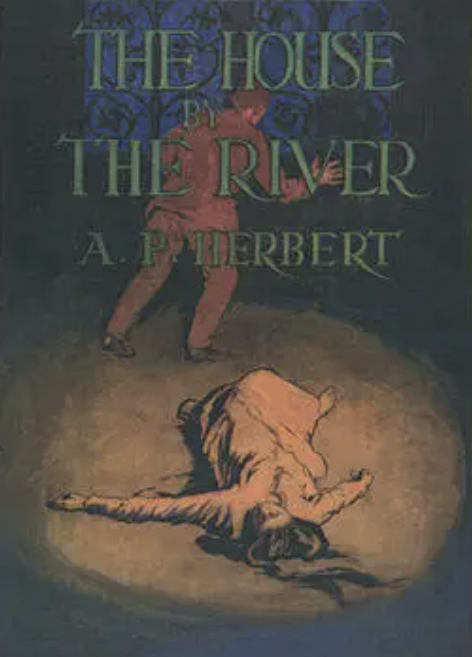
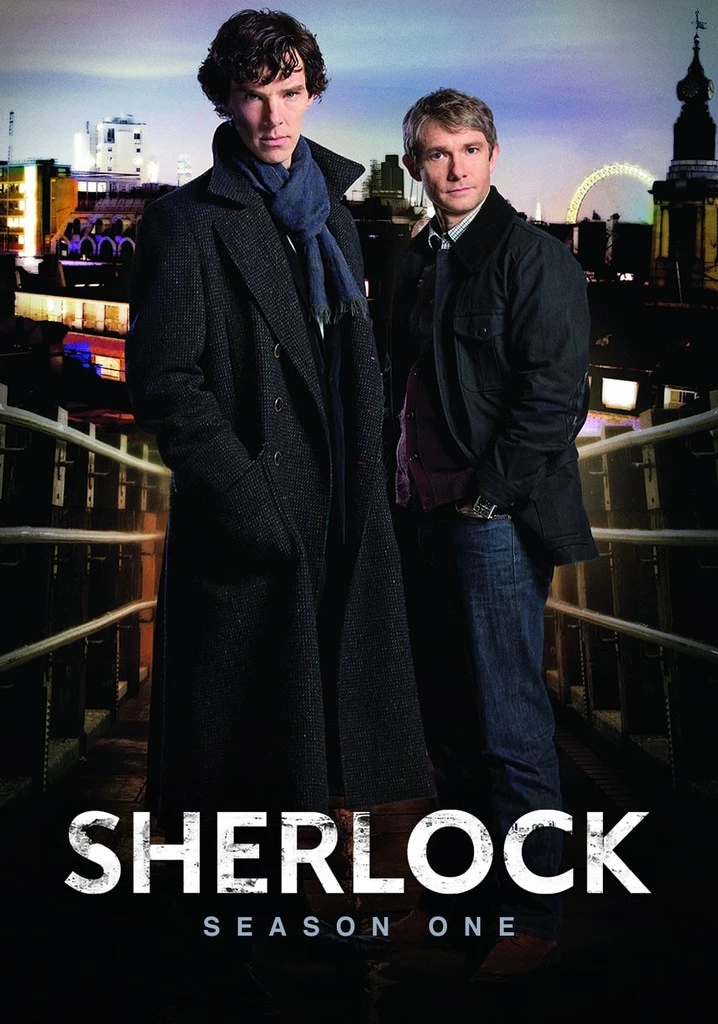
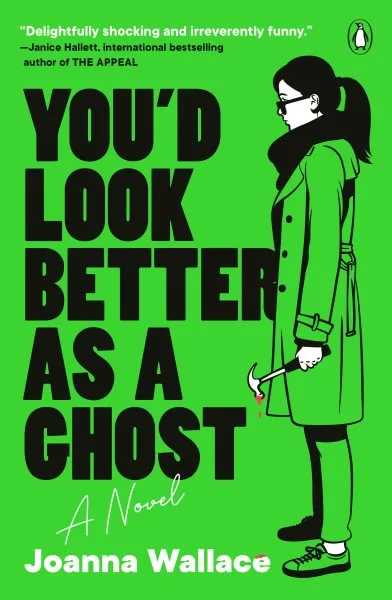
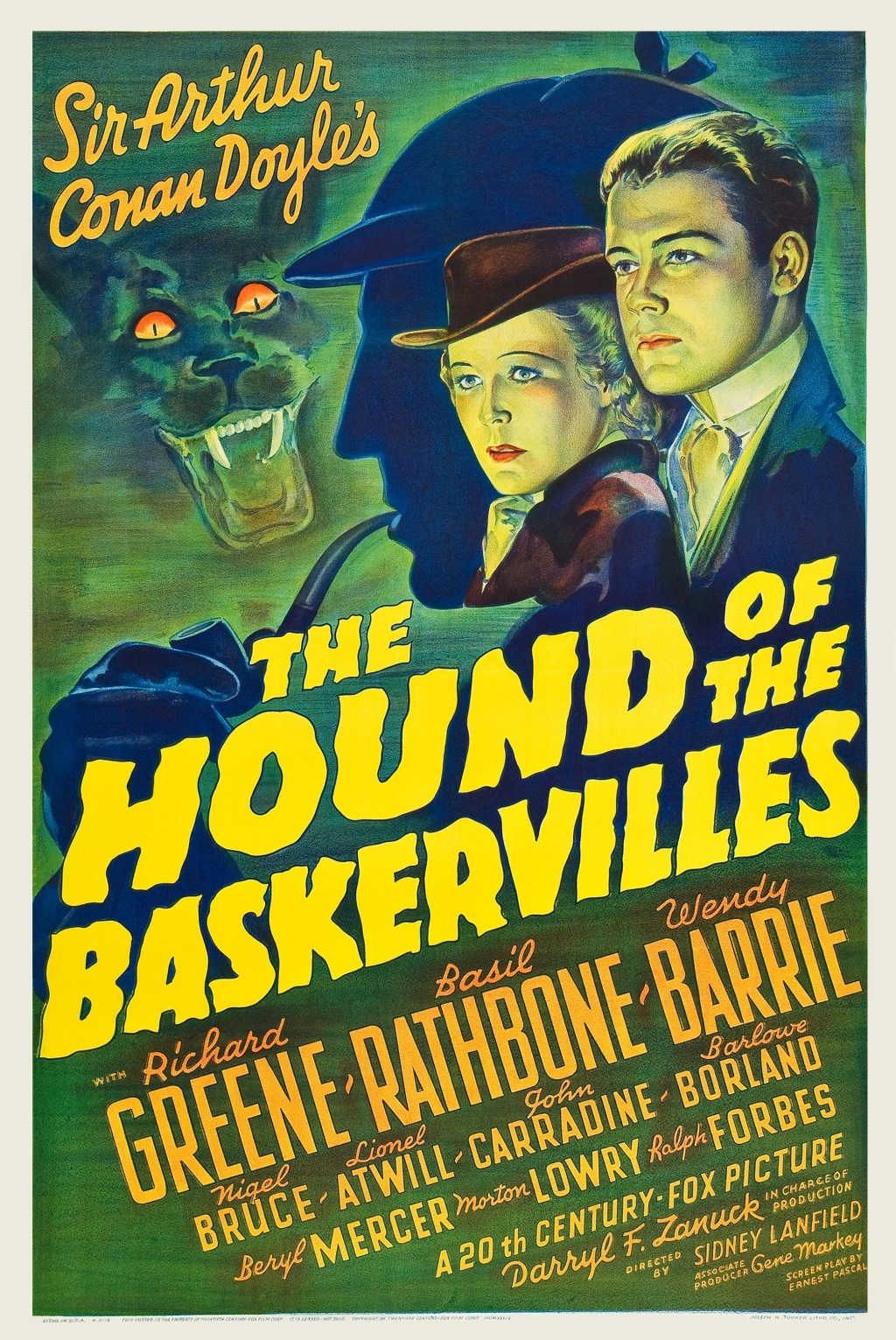
Leave a comment